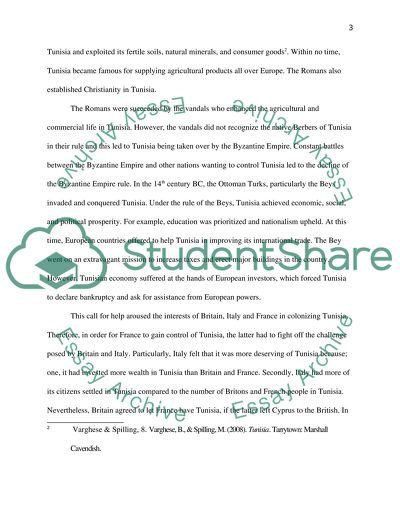Cite this document
(“The French Colonization of Tunisia Research Paper”, n.d.)
Retrieved from https://studentshare.org/history/1454932-factors-behind-the-colonization-of-tunisia-by-the
Retrieved from https://studentshare.org/history/1454932-factors-behind-the-colonization-of-tunisia-by-the
(The French Colonization of Tunisia Research Paper)
https://studentshare.org/history/1454932-factors-behind-the-colonization-of-tunisia-by-the.
https://studentshare.org/history/1454932-factors-behind-the-colonization-of-tunisia-by-the.
“The French Colonization of Tunisia Research Paper”, n.d. https://studentshare.org/history/1454932-factors-behind-the-colonization-of-tunisia-by-the.


